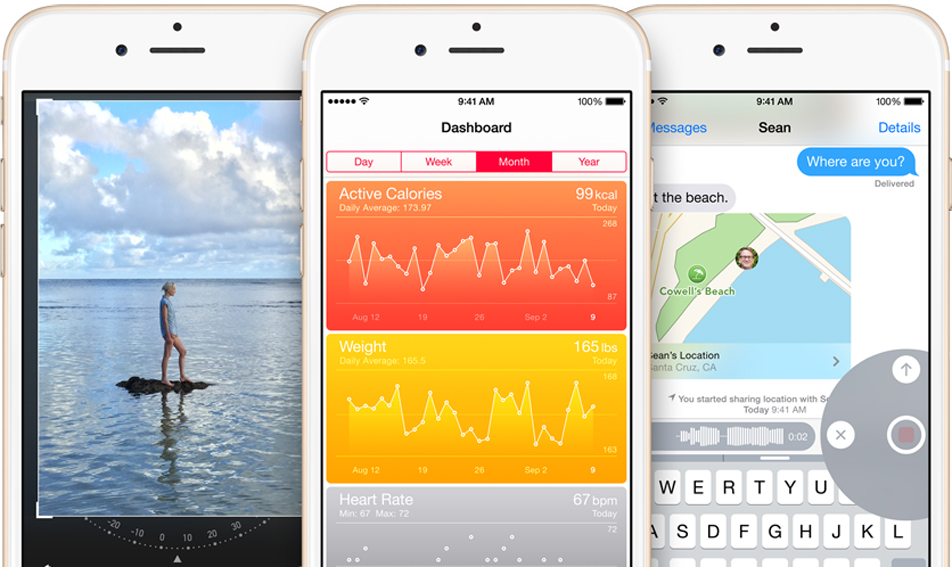When it comes to tech coverage, Forbes is generally a pretty mixed bag. The site publishes content from a huge number of contributors, some of whom know their stuff, and some of whom are great for some comic relief and little else.
On Wednesday morning, I read a post on Forbes that fell into the former category. It was a nice quick post about Android bloatware, and it explained why future Android devices may have less of it. The post was well written, made a few good points, and offered a good quote from a VP of engineering at Google for support.
Then, Forbes’ social media editor completely ruined the post for me with a single tweet.
DON’T MISS: Free app completely reimagines Android notifications – and it’s awesome
First, the tweet:
Android is not the only mobile OS that has bloatware: http://t.co/lqN86Gt4EP pic.twitter.com/HjIJXdLlsH
— Forbes Tech News (@ForbesTech) August 27, 2015
Ugh.
Amit Chowdhry, the Forbes contributor who penned the blog post in question, did include a curious note in his conclusion. I didn’t think much of it after my initial read, but apparently it struck a clicky chord with the site’s social media guru.
“Google Android is not the only mobile operating system that has bloatware,” Chowdhry wrote. “When Apple iOS 9 is released, it will have bloatware that cannot be removed like ‘Find My Friends’ and ‘Find My iPhone.’ Both Microsoft and BlackBerry also adds bloatware to its devices.”
Interestingly, the word “bloatware” actually is included in some dictionaries. Here are the definitions that are returned by both Google and the in-built dictionary in OS X:
• software whose usefulness is reduced because of the excessive disk space and memory it requires: a nasty piece of cross-platform bloatware that’s in serious need of a total overhaul. • unwanted software included on a new computer or mobile device by the manufacturer: users must initially contend with the usual bevy of bloatware (unnecessary toolbars, games of questionable value).
Those two definitions are quite different, and they both leave room for interpretation. In the context of smartphones, however, “bloatware” typically refers to unwanted third-party software pre-installed as a result of agreements with manufacturers or carriers.
Loosening that definition to cover first-party apps like those included by Apple or Google on their respective mobile platforms is a bit silly. Yes, there will be some people who feel that Android’s Newsstand app or iOS’s Find My Friends app is “unwanted,” but Google and Apple consider the features offered by these apps to be crucial to the mobile experiences they offer.
I have a folder labeled “Garbage” on my iPhone that stores all of the Apple apps I don’t use, but that cannot be uninstalled. Would I consider Stocks, Calendar, Weather, Podcasts, Mail, iBooks, the iTunes Store and other Apple apps to be “bloatware?” Of course not. That would be stupid. These are core apps that Apple deems essential to the iOS experience, not a bunch of third-party apps clogging up my iPhone because Apple cut a deal with some mobile gaming company or a navigation app maker.
So, Forbes social media editor, you’re correct that Android is not the only mobile OS with bloatware. But to suggest that iOS ships with bloatware is just nonsense.




